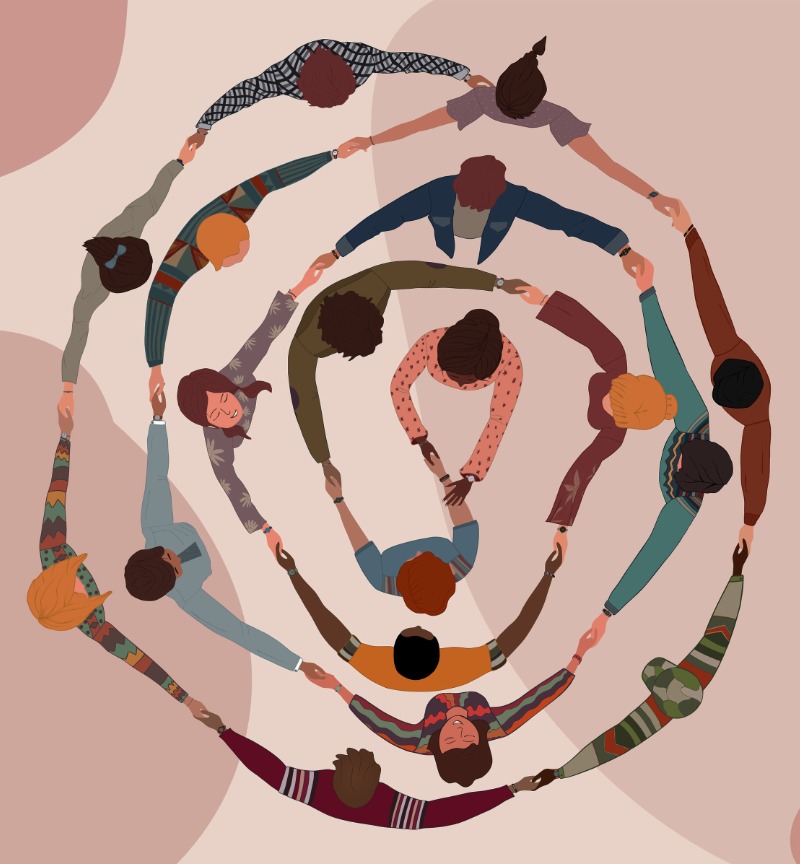
Ethnography is a research method used in anthropology and sociology to study and understand human societies and cultures. It involves the systematic observation, description, and interpretation of the daily lives, behaviors, practices, and interactions of individuals and groups within a particular social or cultural context.
Core Elements
Participant Observation
Ethnographers typically immerse themselves in the culture or community they are studying. They actively participate in the activities, rituals, and routines of the group being observed. This allows them to gain an insider's perspective and build rapport with the people they study.
Fieldwork
Ethnographic research is conducted in the field, which is the actual setting where the culture or community under investigation exists. Fieldwork can range from a few weeks to several years, depending on the complexity of the study.
Data Collection
Ethnographers collect data through a variety of methods, including participant observation, interviews, surveys, and the analysis of documents and artifacts. The data is often qualitative, emphasizing the rich description and interpretation of social phenomena.
Holistic Approach
Ethnography aims to provide a holistic understanding of the culture or community being studied. Researchers examine not only specific behaviors or practices but also the broader social, economic, political, and historical context in which they occur.
Cultural Relativism
Ethnographers strive to practice cultural relativism, which means suspending judgment of other cultures and viewing them from their own cultural perspectives. This approach helps avoid ethnocentrism, or the tendency to evaluate other cultures based on one's own cultural norms and values.
Ethical Considerations
Ethnographers must navigate ethical issues such as informed consent, privacy, and the potential impact of their research on the studied community. Ethical guidelines and informed consent protocols are crucial to protect the rights and well-being of participants.
Data Analysis
Ethnographic data analysis involves the systematic examination of field notes, interviews, and other collected materials. Researchers look for patterns, themes, and cultural meanings within the data to develop a comprehensive understanding of the culture or community.
Thick Description
Ethnographers aim to provide "thick description" in their research, which means offering detailed, context-rich accounts of observed behaviors and practices. This helps readers or audiences gain a deep understanding of the studied culture.
Emic and Etic Perspectives
Ethnographers often distinguish between emic and etic perspectives. The emic perspective refers to how the people within the culture view and interpret their own practices, while the etic perspective involves the external observer's interpretation.
Final Ethnographic Account
The end product of ethnographic research is typically a written ethnographic account or monograph. This document presents the findings, analysis, and insights gained during the fieldwork.
Ethnography is a flexible and adaptable research method that can be applied to various fields beyond anthropology and sociology, including education, healthcare, business, and more. It provides valuable insights into the complexity of human cultures and societies, helping researchers and practitioners better understand and navigate diverse social contexts.
